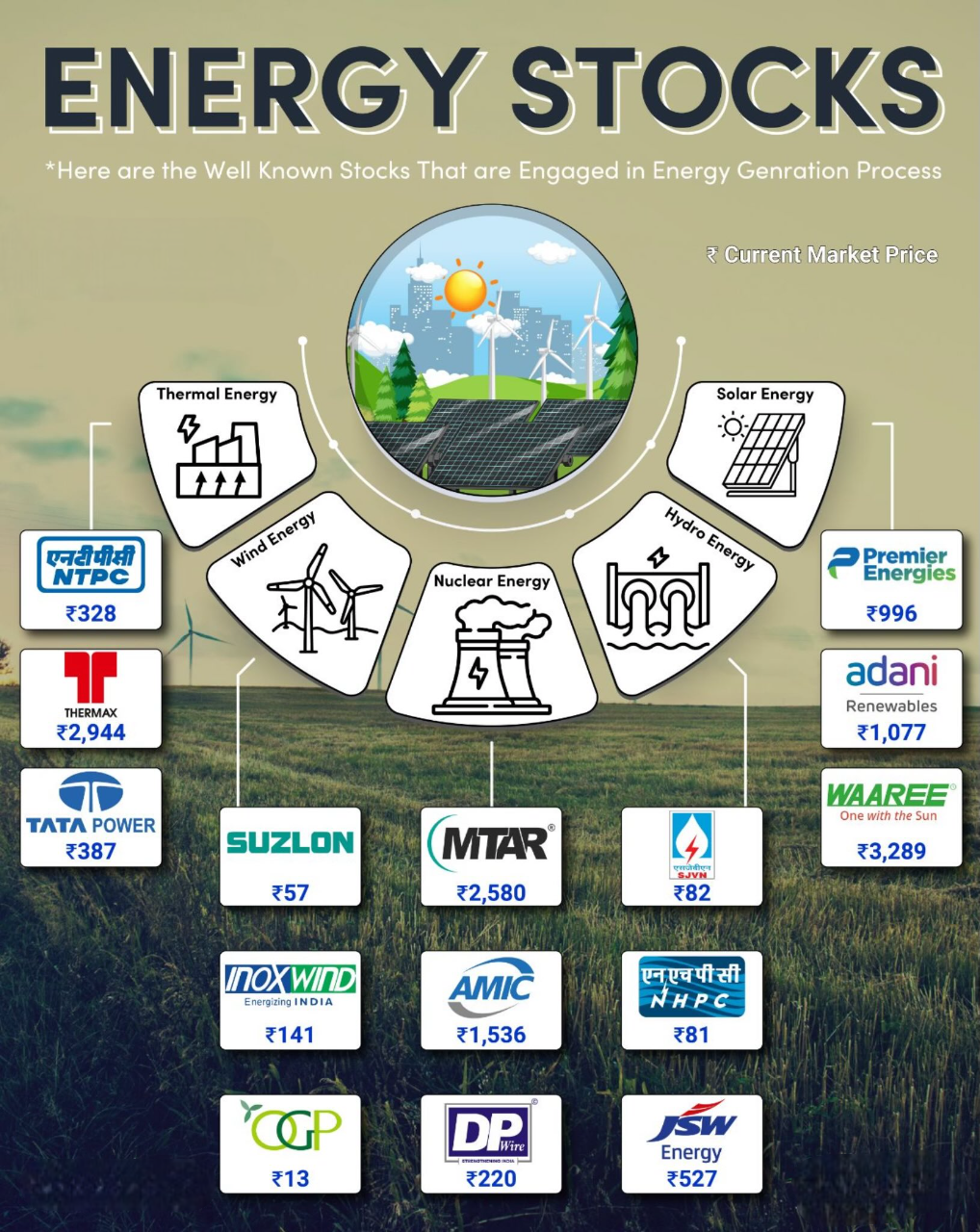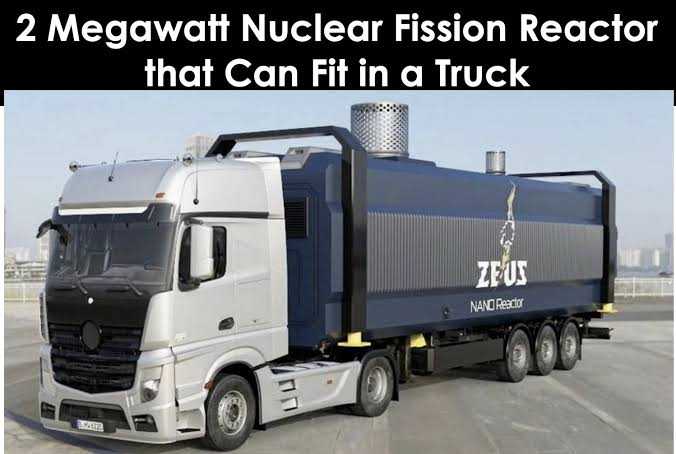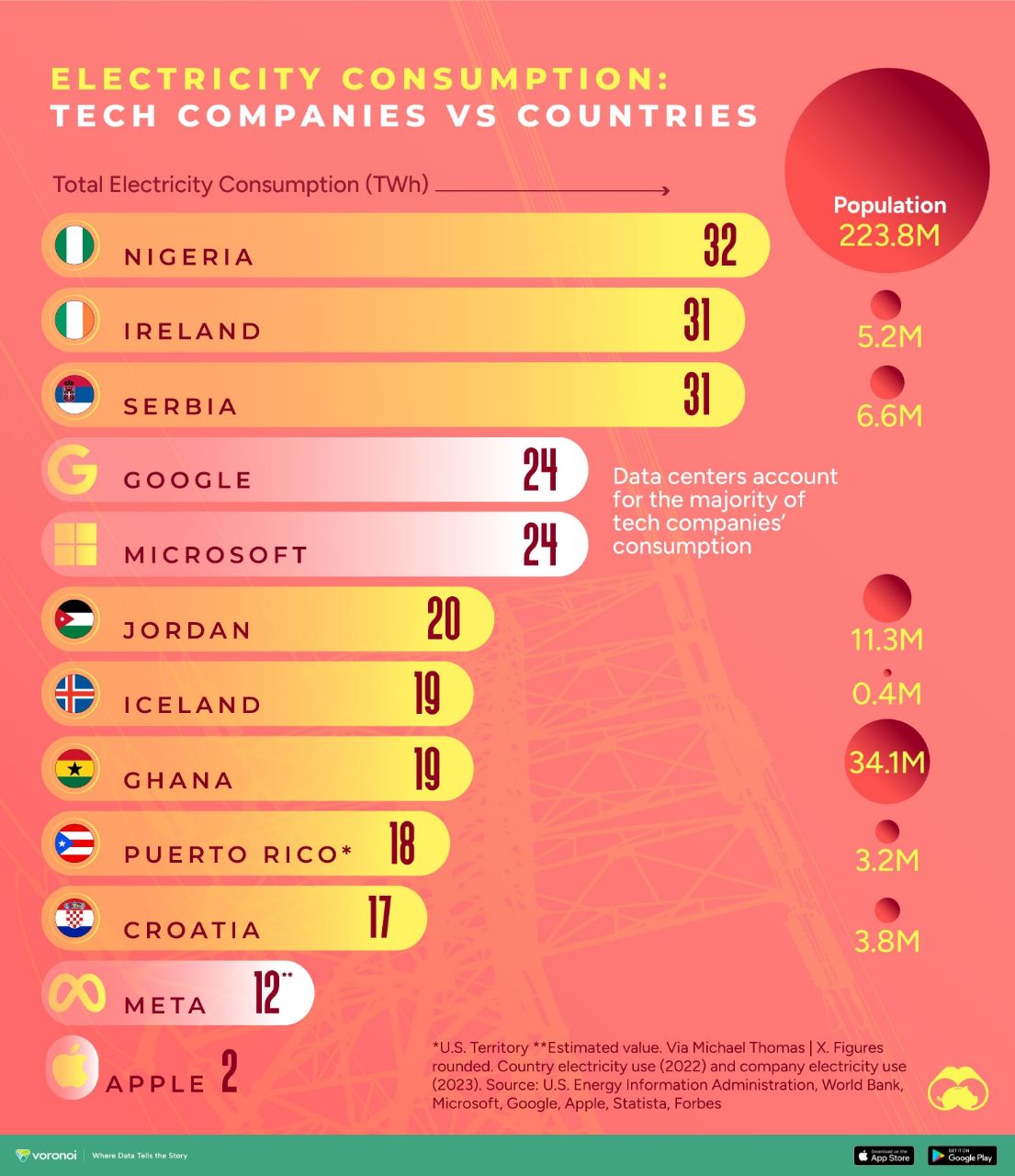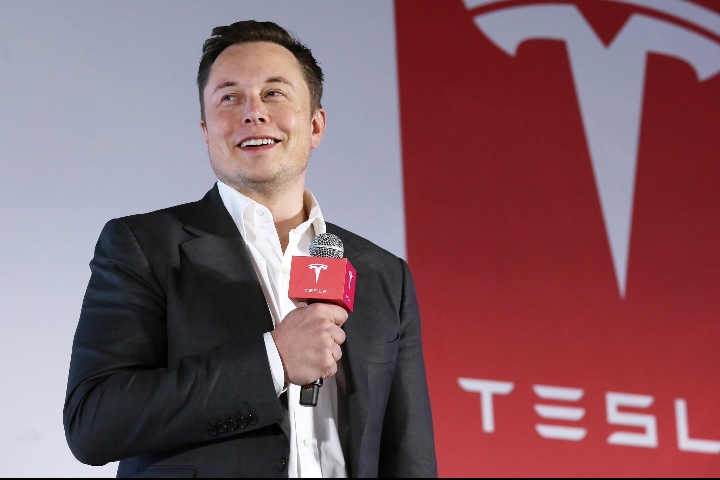Back
Dr Sarun George Sunny
The Way I See It • 1y
Mangrove Labs: The Tiny Company Making Big Changes with Farm Waste Imagine if all the leftover bits from farms—coconut husks, rice straw, old trimmings from trees—could be turned into clean fuel. Instead of burning them up and polluting the air or letting them rot, these wastes could heat homes, power factories, and reduce our dependence on fossil fuels. That’s exactly what Mangrove Labs, a small company from Eastern Europe, is doing. Mangrove Labs isn’t your average clean energy startup. They’ve figured out how to take these leftover scraps and turn them into fuel pellets that burn cleaner than coal. And here’s the catch: they’re not using any food crops. Unlike other biofuels made from corn or soy, which compete with food supplies, Mangrove Labs sticks to materials that would otherwise go to waste. Their system is smart and local. They don’t build giant plants and transport these farm leftovers over long distances. Instead, they set up small production sites close to the farms. Farmers bring in their waste, Mangrove Labs processes it into fuel pellets right there, and then these pellets are ready for use nearby. This cuts down on transportation costs and pollution, making the whole system greener and cheaper. But the impact goes beyond clean fuel. Farmers get paid for materials that would normally just be tossed away. This extra income helps stabilize their earnings, making farming more sustainable. Plus, the setup of these small production plants creates jobs locally, supporting rural economies. It’s a win-win for the planet and for local communities. Of course, growing a company like this has its challenges. Not everyone knows about the benefits of bio-pellet fuel yet, so Mangrove Labs has to educate both consumers and potential partners. And scaling up to reach more people and regions will require more funding. But they’re exploring partnerships with bigger energy companies and government programs to help them expand. What makes Mangrove Labs special is that they’re using simple, practical ideas to tackle big problems. They’re reducing waste, creating clean energy, and supporting farmers—all with a method that’s adaptable and easy to expand. This isn’t just about creating a new fuel; it’s about rethinking resources we usually ignore. As the world looks for better energy options, Mangrove Labs shows us that even the smallest companies can make a huge difference. By turning waste into energy, they’re lighting the way toward a cleaner, more sustainable future for all of us.
Replies (4)
More like this
Recommendations from Medial
Yahya
Think constructive, ... • 11m
Transforming Agricultural Energy with Sustainable Solutions Problem: Farmers in rural India spend ₹1,000 per day on diesel-powered irrigation, increasing their operational costs. Despite abundant crop stubble, its disposal remains a challenge, often
See MoreVIJAY PANJWANI
Learning is a key to... • 3m
Top Energy Stocks to Watch in 2025! From Solar to Wind, Hydro to Nuclear, these companies are powering India’s clean energy future. 🌱🔋 🔥 Whether you’re a beginner or a pro investor, knowing the right sectors matters! Here are some of the most p
See More

Anonymous
Hey I am on Medial • 1y
According to Bloomberg News, China has surpassed President Xi Jinping's renewable energy target nearly six years ahead of schedule, with its wind and solar capacity reaching 1,206 gigawatts in July 2024, showcasing the nation's rapid progress in clea
See MoreDownload the medial app to read full posts, comements and news.














/entrackr/media/post_attachments/wp-content/uploads/2021/08/Accel-1.jpg)



















